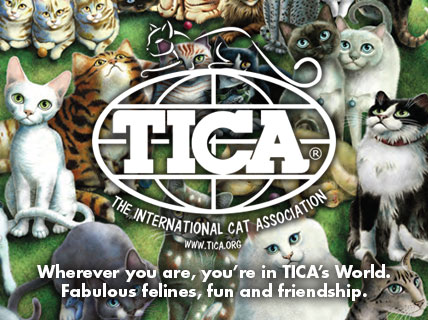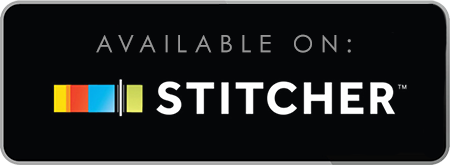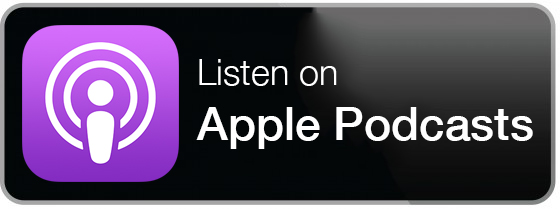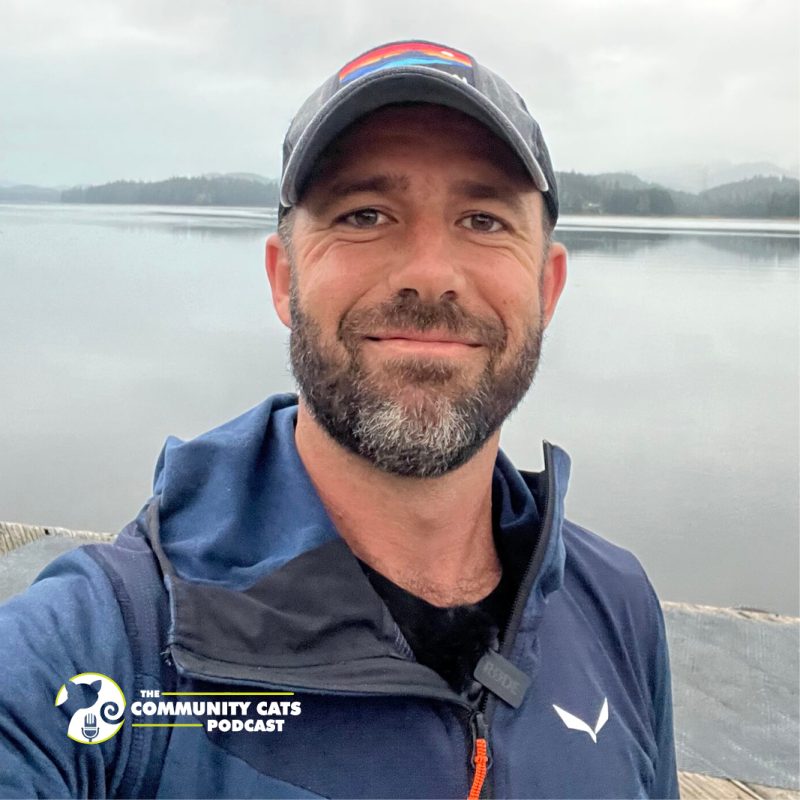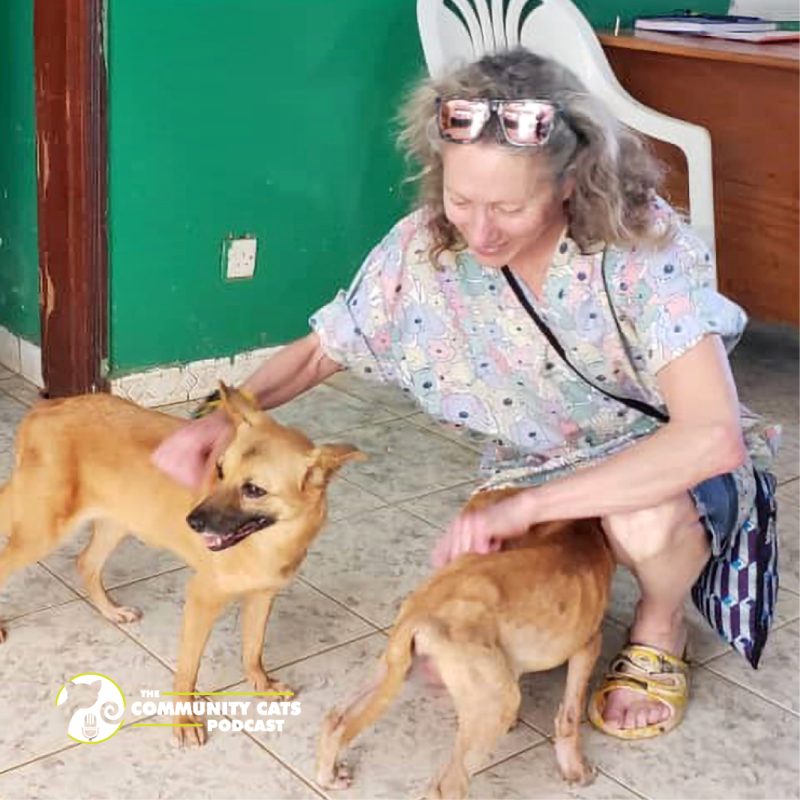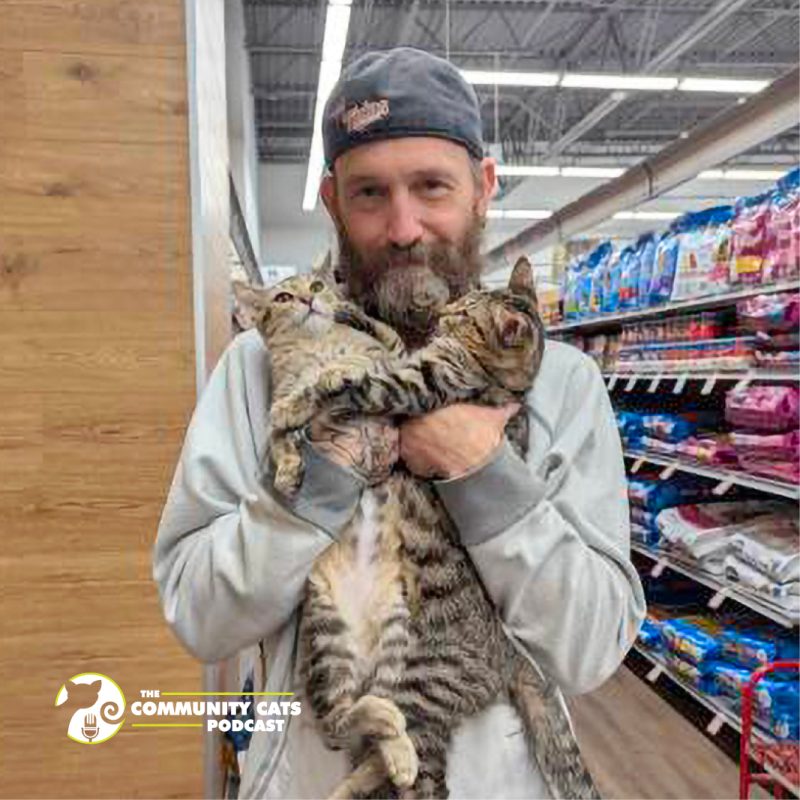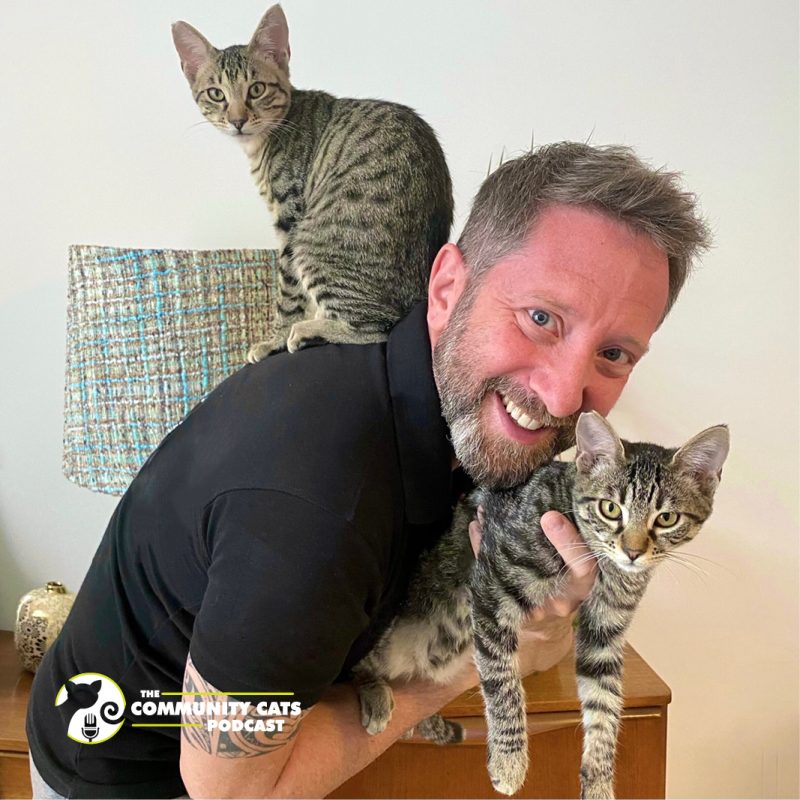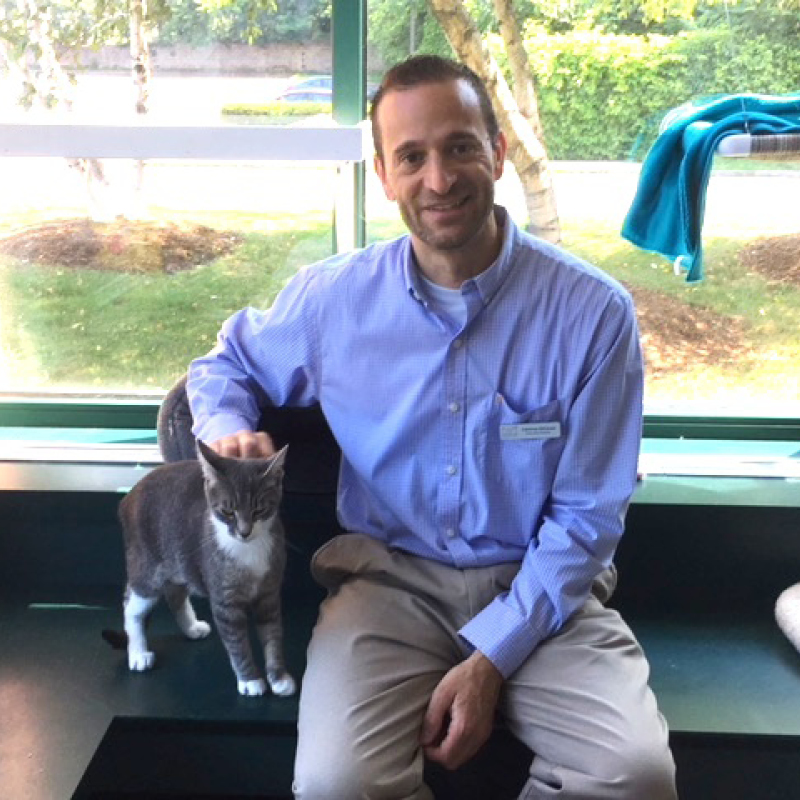
Interview! Mike Keiley (MSPCA) & Carmine DiCenso (Dakin Humane Society), “The Mike & Carmine Show,” Part 2
July 21, 2018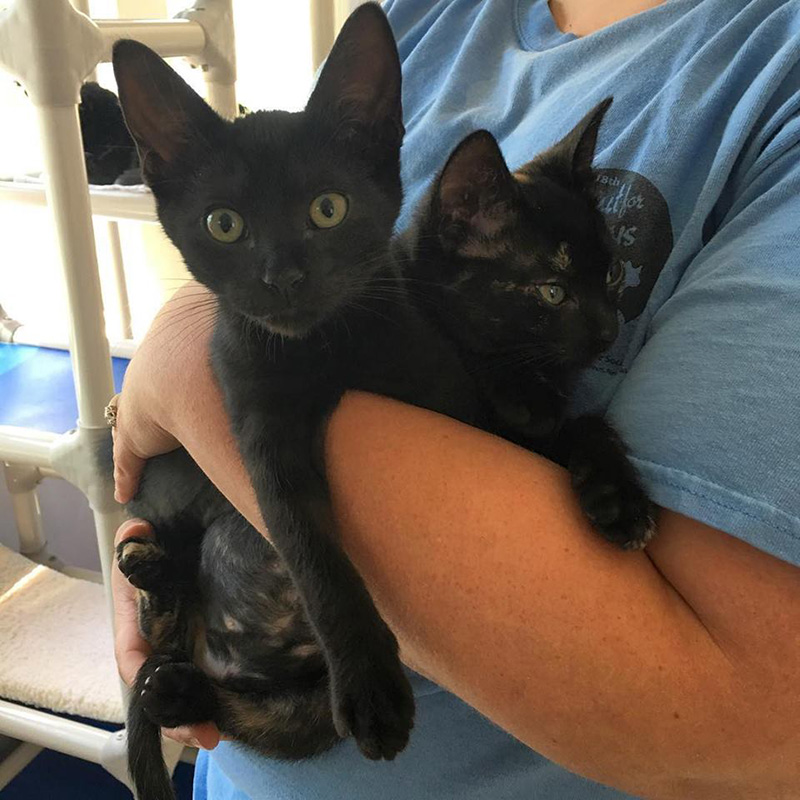
How to Adopt out Cats and Kittens Without the Help of Your Local Shelter
July 22, 2018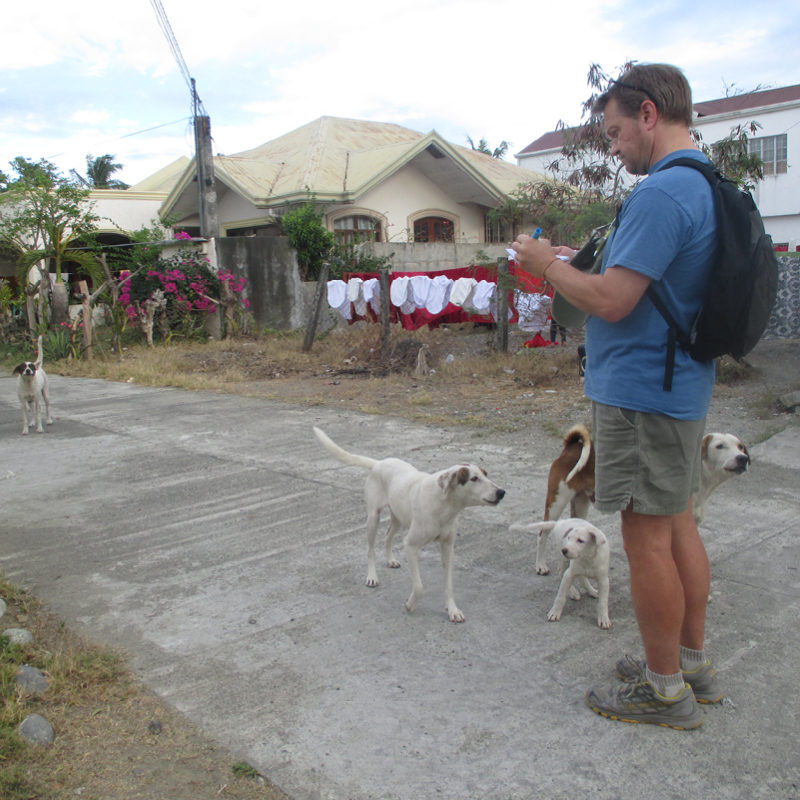
“The best solution to [community cat] issues is going to be significant changes in how people care for their cats.”
John Boone’s professional track has been that of a wildlife biologist, but he also serves as a consultant with Humane Society International, Humane Society of the United States (HSUS), and several other national and international organizations. He specializes in program metrics, statistical analysis, and population biology, and he has worked on many programs around the world designed to improve the welfare of free-roaming dogs and cats. John has volunteered at his local SPCA, and has fostered many special needs animals. His professional work in population biology and his personal love for companion animals collided when Maddie’s Fund got involved in humane work in Nevada.
John has been involved in several projects trying to delve into whether TNR is an effective way to manage large numbers of cats. In looking at these issues, John believes that it is helpful to have an awareness of the bigger issues surrounding any TNR project, as well as the individual welfare issues connected to each cat that is affected. One major project in this area of research is launching in July of 2018 in Washington, D.C.
The “D.C. Cat Count” is a three-year program that will look atallof the cats inallof D.C. as one entity, whether they are indoor pets, outdoor cats, or shelter cats, and will look at how those segments flow into and interact with each other. This project is unique in that it involves an unusual array of different collaborators that don’t usually work together, including the HSUS, a local humane organization, and science collaborators. The project will look at numbers of cats, but the main goal is to develop tools, guidelines, protocols, and training materials that animal welfare groups can use to measure their own cat populations and then apply the insights from the study’s numbers to their own TNR programs, particularly at larger scales.
John tells Stacy that, “[This project is] meant to be a very inclusive approach to creating a new paradigm of how TNR can be done for those who are interested in approaching it from this population perspective, while still protecting the underlying welfare goals that are the driving force in most TNR programs.” John hopes we will all stay tuned, as this is a very active time in thinking about how we can move TNR programs to the next stage.
To learn more about the D.C. Cat Project and John’s work, feel free to email him at boone@gbbo.org.

